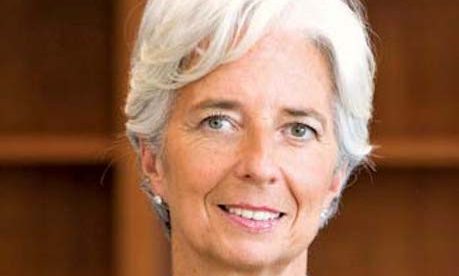Discontent is growing in western democracies as evidenced by Brexit, the election of Donald Trump and the rise of populism. Christine Lagarde, director-general of the International Monetary Fund (IMF) shares her views with La Croix.
Globalization, which is often presented as a positive phenomenon is awakening growing concern, indeed rejection. Why didn’t anyone foresee this turn of events?
Christine Lagarde: Globalization has enabled millions of people to emerge from poverty. It has accelerated the movement of capital, improved competition, generated productivity gains, reduced prices for the benefit of consumers. Every country has benefited from its achievements.
But it also has negative aspects because activities have been moved offshore to low cost countries which has led to disruption of whole industries and regions without accompanying measures being taken to promote the reintegration and social protection of the people who are the direct victims. This is the blowback that we have to deal with now.
Globalization is also regarded by some as responsible for the rise in inequalities. Is this a poor process?
C.L.: Here again globalization has produced contrasting effects. It has led to a reduction of inequalities between countries but it is also true that inequalities have worsened within certain countries, particularly in the USA, Germany or in China. In other countries, inequalities have remained constant, e.g. Great Britain or France. Finally, there are countries where inequalities have started to diminish, e.g. in Latin America.
The rise in inequalities is not solely attributable to the development of international trade. It can also be explained by the financialization of the economy, the development of new technologies and the insufficiency of redistribution policies. It is not possible to establish a perfect correlation between the two phenomena.
Neo-liberal economists affirm that these inequalities are the source of competition and growth, that that wealth “trickles down to the poor.” What should we make of such theories?
C.L.: This theory has been challenged. All empirical studies published in recent years by the IMF or other major institutions have shown this. Statistically, worsening inequality is a factor of instability negatively affecting growth. Continue reading
Sources
- La Croix International, article by Antoine d’Abbundo, section editor at Eco Service Cross.
- Image: Encyclopaedia Britannica
Additional reading
News category: Features.




